After You've Gone
Manage episode 328917878 series 3350741
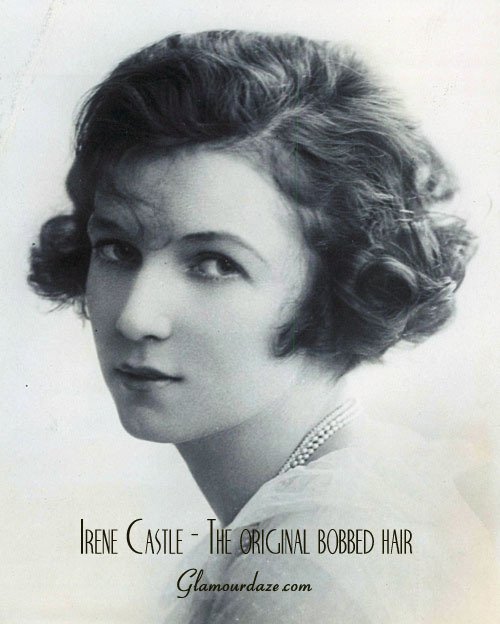
Actress Irene Castle cut her hair short in 1915 shortly before an operation for appendicitis. She liked it so much she never grew it back. In 1919, American women began following her lead.
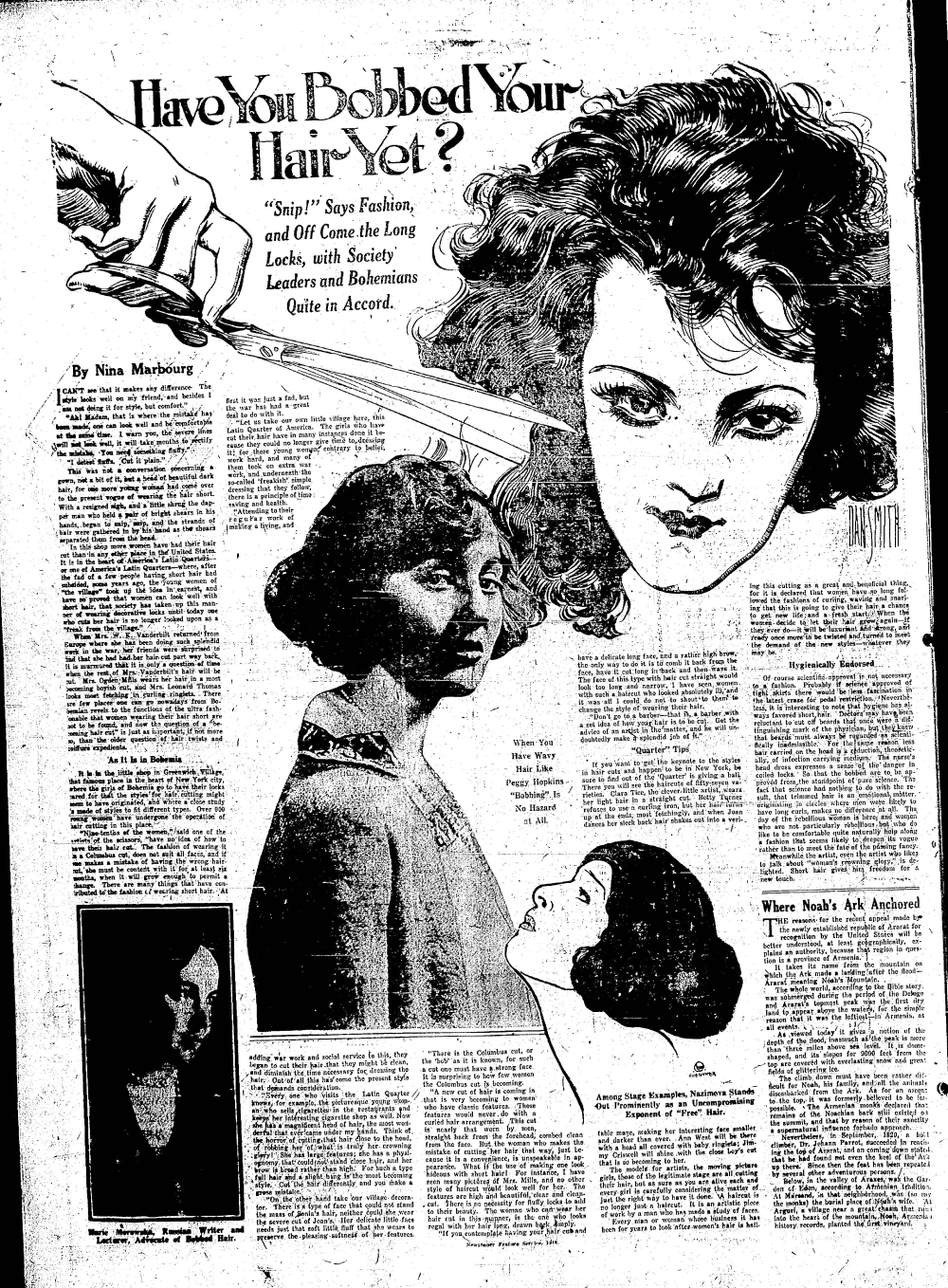
Newspapers were full of articles about the trend, but since it hadn't yet spread beyond major East Coast cities, critics in the heartland held their criticism. That would not last.
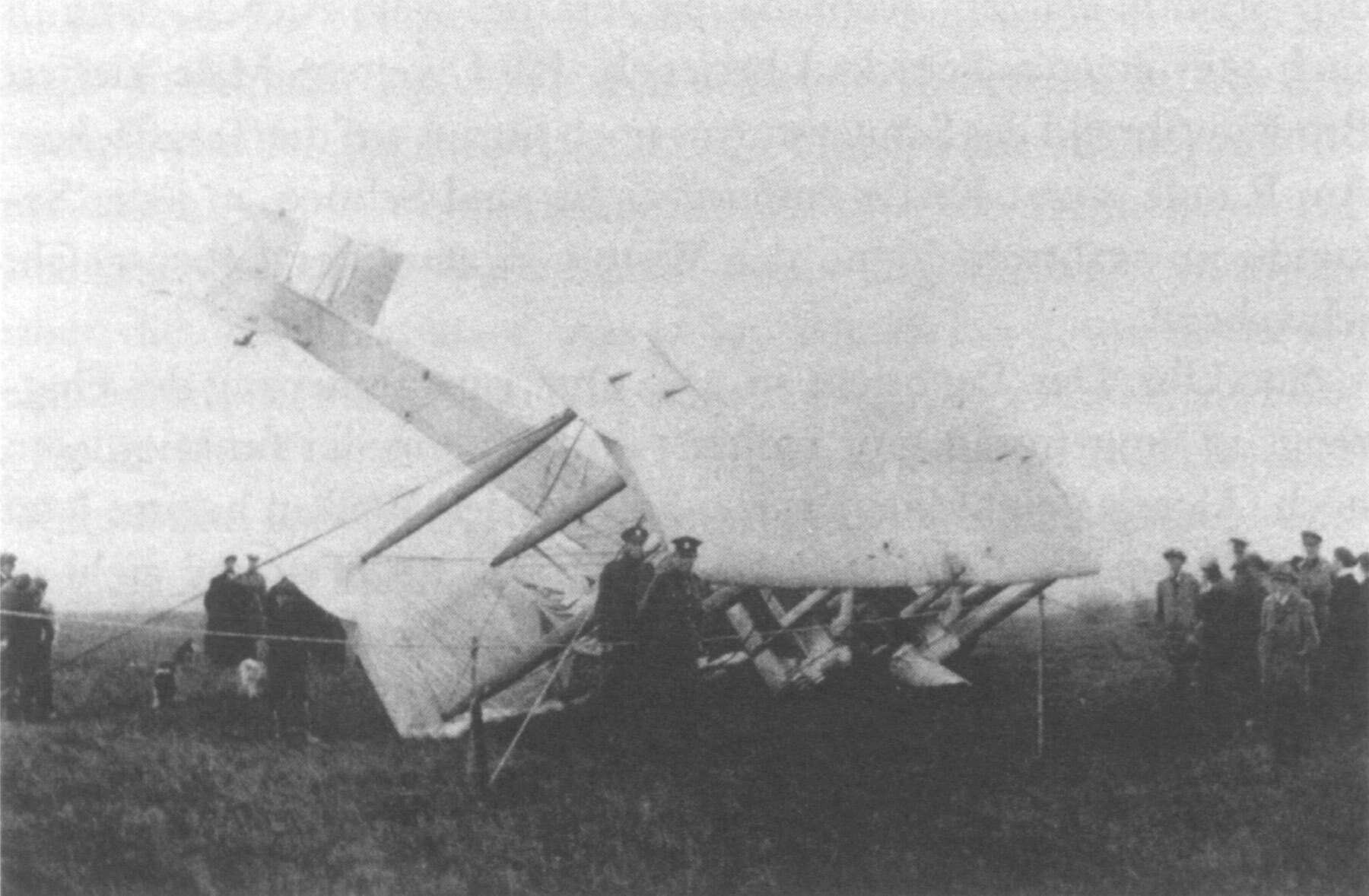
This photo shows Alcock and Brown shortly after landing in Ireland at the conclusion of their record-setting Trans-Atlantic flight. You can see that the plane has tipped nose-first into a bog. Alcock and Brown are the two men in front of the plane in dark hats and coats.
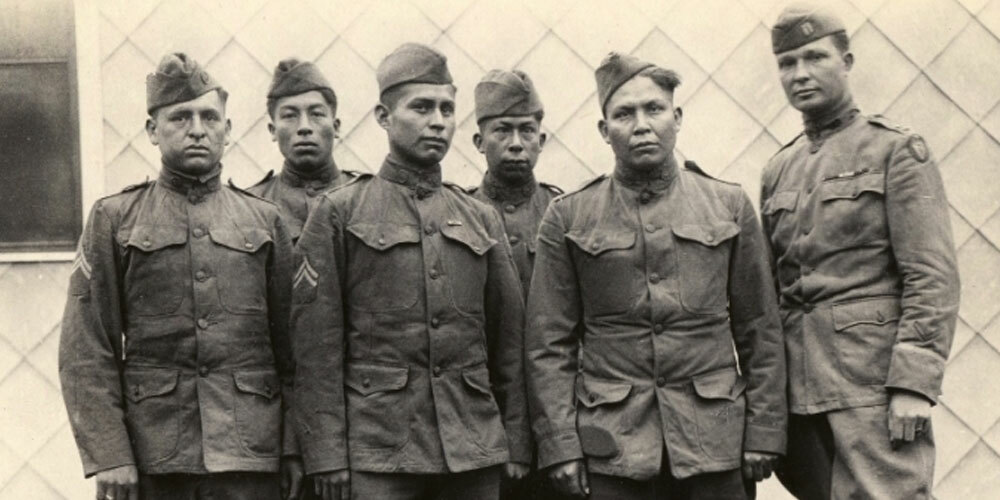
An estimated 12,000 Native Americans served in World War I, many of them volunteers. They received high praise for their courage acting on behalf of a nation that refused to grant them citizenship, abused their children and kep their tribes in penury.
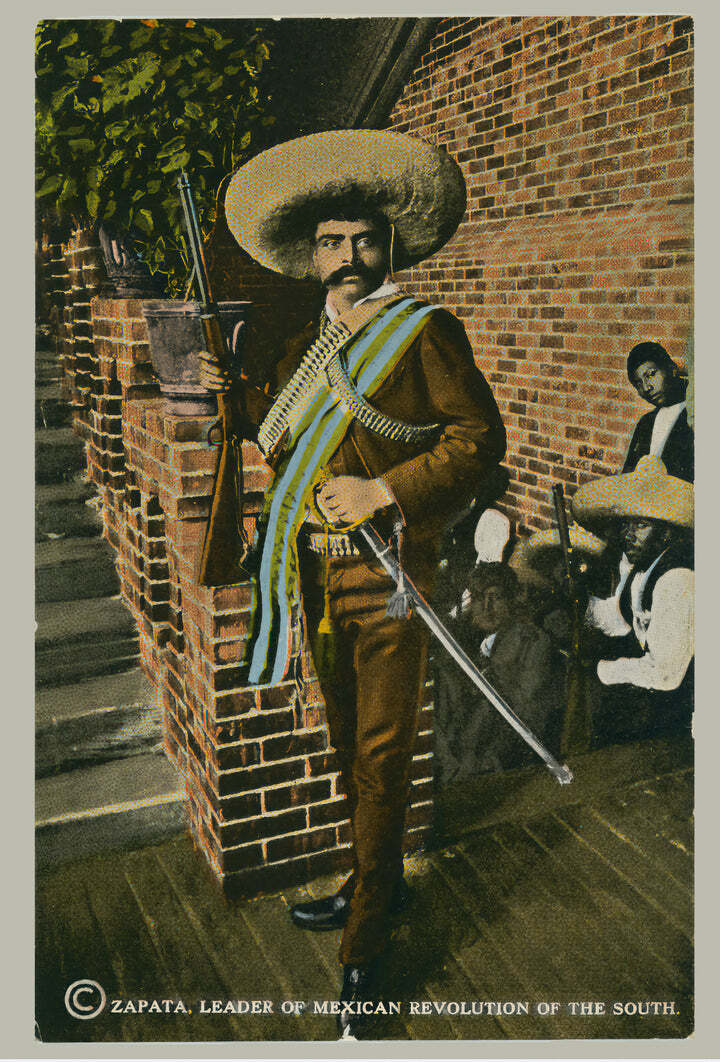
Emiliano Zapata was a skilled horseman, an inspirational leader and an unyielding revolutionary. He had no use for political theory and no patience for political compromise. He is still revered by many Mexicans for his unrelenting efforts for the poor and downtrodden.
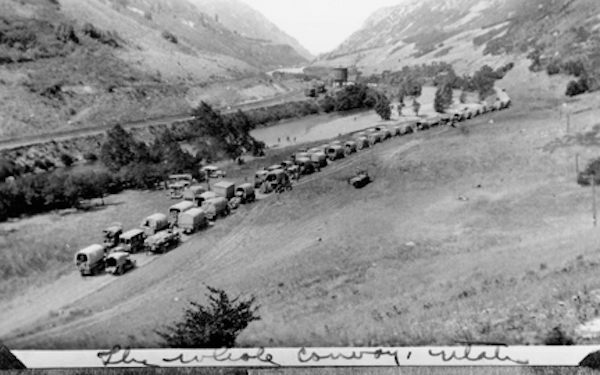
Concerned about the state of America's roads, the U.S. Army sent 80 trucks and cars to cross the country and evaluate the state of the roads. They averaged 6 miles per hour and at one point in the Utah desert had to be rescued by teams of horses. The experience planted a seed in one of the officers on the trip, an idea to create an efficient nationwide highway system.
Links:
- The first non-stop transatlantic flight - 100 years on
- The Overlooked Story of Native Americans in World War I | Time
- In 1919, Eisenhower Suffered Through History's Worst Cross-Country Road Trip - Atlas Obscura
- Savage Peace: Hope and Fear in America, 1919 by Ann Hagedorn — Hagedorn's book tells the story of the flight of Alcock and Brown, discusses the translatlantic convey, and tells the full story of Emeline Puffer and Arthur Hazzard.
- "Villa and Zapata: A History of the Mexican Revolution" by Frank McLynn
- Emiliano Zapata!: Revolution and Betrayal in Mexico" by Samuel Brunk, Samuel
- "Emiliano Zapata!: Revolution and Betrayal in Mexico" by Samuel Brunk, Samuel
27 episodes




